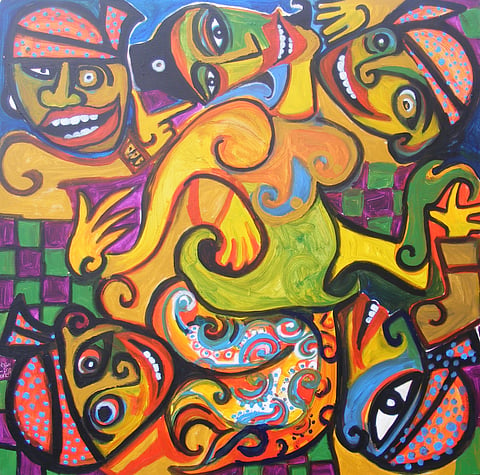(This is an essay from our December 2015 print quarterly 'The Marriage Issue: Loves, laws, lusts'. See more from the issue here.)
"Carnal intercourse against the order of nature."
This is the rubric which encompasses all sexual acts criminalised under Section 377 of the Indian Penal Code. Since the year 1860, this provision has been used within, and much more often, outside the courts to systematically harass, persecute and prosecute LGBT individuals in India. Read down in the Delhi High Court's landmark 2009 Naz Foundation vs Govt. of NCT of Delhi case to exclude consensual adult sex in private, it came back in full force in December 2013, with the Indian Supreme Court's reversal of the 2009 judgment in Suresh Kumar Koushal vs Naz Foundation.
The 2013 judgment has been criticised for its failings, both as a legal document and as a dereliction of a constitutional court's duty to curb majoritarianism. In overturning the Delhi High Court judgment, the two-judge bench ensured the recriminalisation of the intimate lives of LGBT individuals in the country. Apart from noting the failure to appreciate established constitutional principles, writings around the judgment have scrutinised the bench's inability to acknowledge the vast amount of evidence placed before it pertaining to indiscriminate abuse of the law targeting LGBT individuals. What eludes understanding is how the judges were simply unable to display empathy in the face of overwhelming testimonies to the contrary. How was it possible for the Court to hold that a vulnerable minority was undeserving of the most fundamental legal rights?

